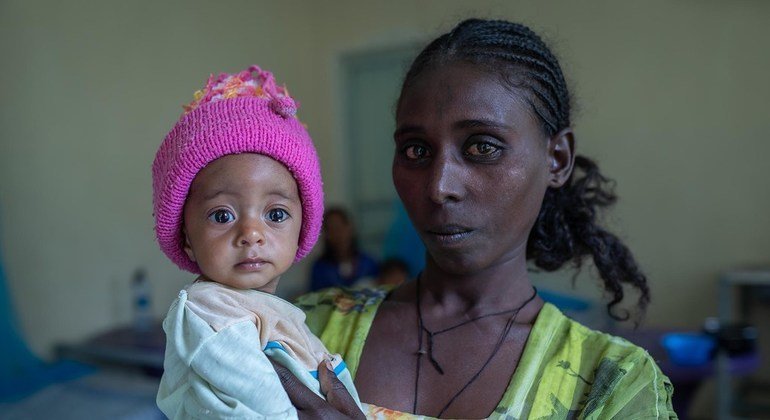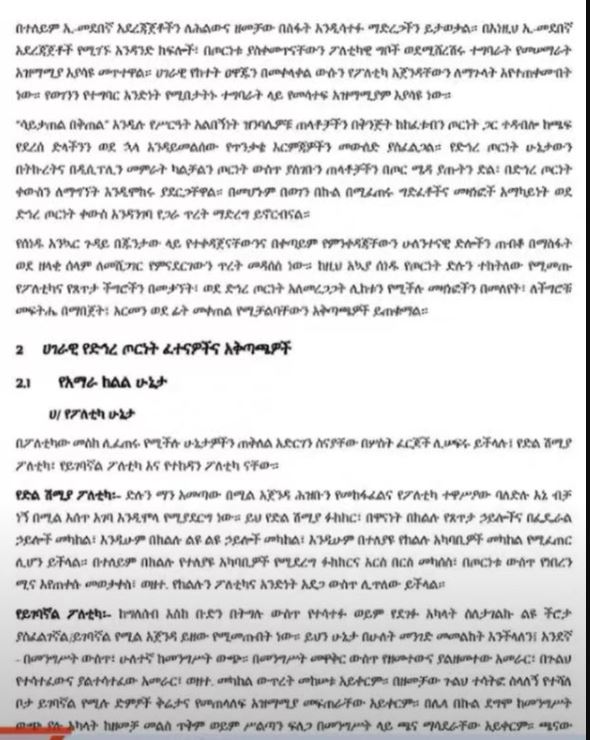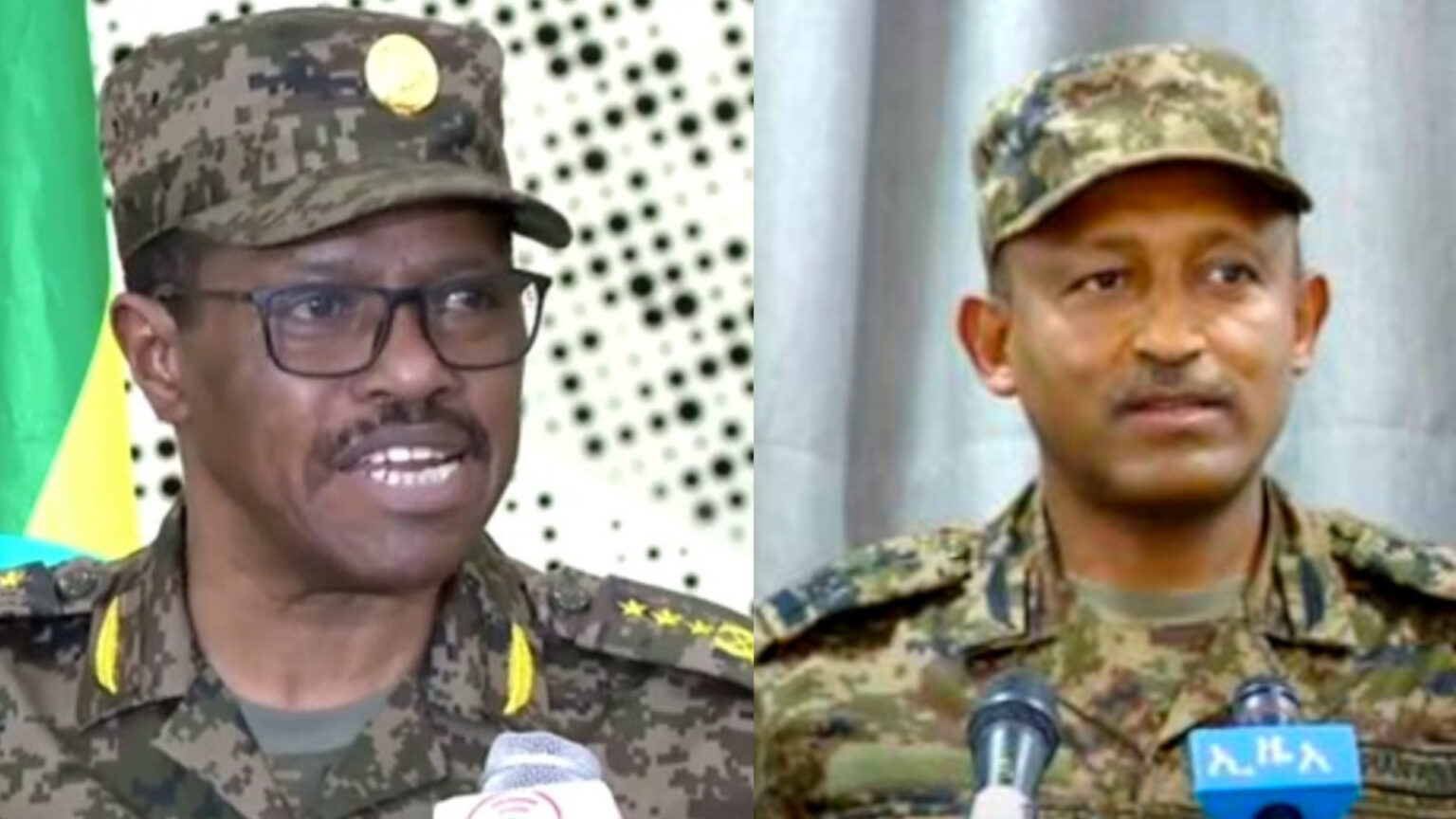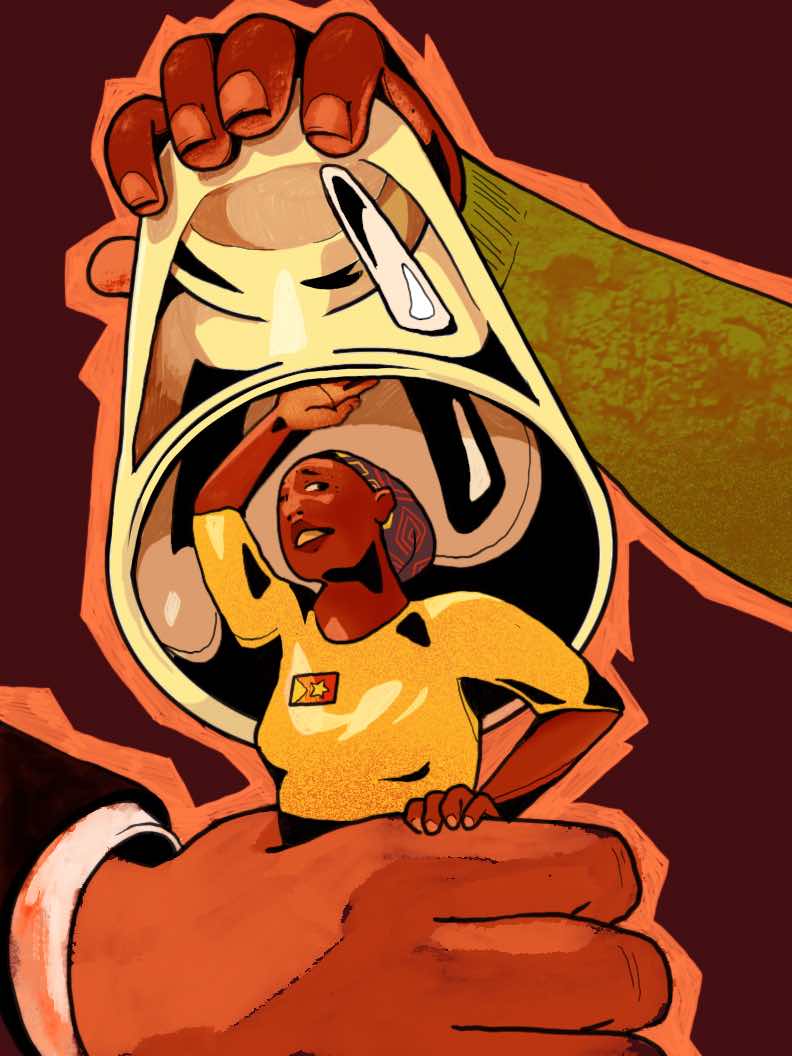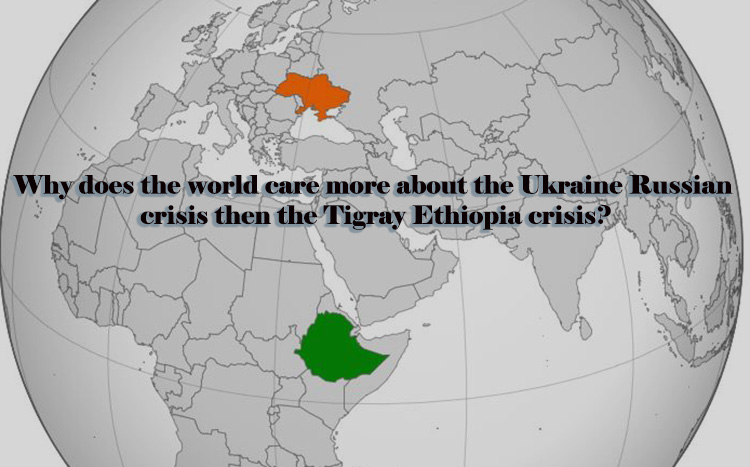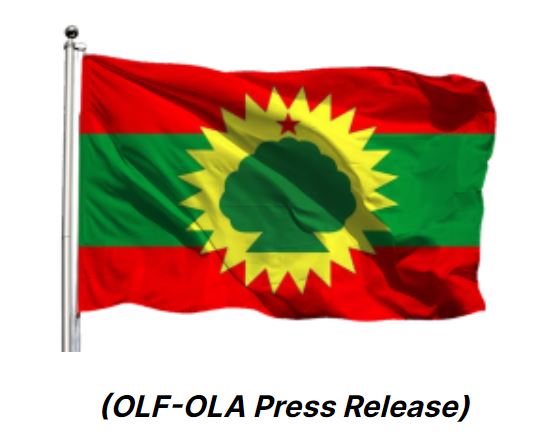
Any future of Ethiopia which includes the Oromo nation must give them their fair say in governance. The five conditions demanded by the Oromo Liberation Army for peace talks seem reasonable. News about Ethiopian conflict and dissension by formal press organizations as well as interested parties on social media mostly involves discussions of Tigray and the Ethiopian government. Yet the largest group making up 35% of Ethiopia’s population and arguably the most oppressed group in Ethiopian history, the Oromos, receive much less international attention. They deserve more. Although I know the Tigray region and her people much better over the ten years I have been in Ethiopia I have had the chance to meet many Oromia who shared their history and feelings with me. Any future of Ethiopia which includes the Oromo nation must give them their fair say in governance which no previous government has ever done. The five conditions are:
1.Reaching a negotiated cessation of hostilities across the country;
2.Dealing with Eritrean influence and withdrawing its forces from Ethiopia;
3.Releasing all political prisoners across the country;
4.Opening unimpeded humanitarian corridors wherever it’s needed;
5.Repealing the proclamation that designates OLA and TPLF as terrorist organizations;
6.An all-inclusive process that leads to the establishment of an independent commission acceptable to all stakeholders.
In the 19th and 20th centuries, the Amharic monarchy ruling the Ethiopian empire saw the Oromos as a lesser race to be dominated. Their language and culture was Cushitic in origin versus the Amhara and Tigray of the Abyssinian regions which were Semitic. Amharic academics promulgated the false hood that the Oromo people were recent immigrants to the Ethiopian territory. Today Oromo academics have shown that their existence in Ethiopia goes back to the first millennium. The concept of an Amharic manifest destiny and the belief by many clergy in the Ethiopian Orthodox Church of this inferiority allowed the development of slavery of the Cushitic peoples of the expanding Ethiopian empire into what is now Oromia and the The Southern Nations, Nationalities, and Peoples’ Region. These lands had good rainfall as well as fertile valleys and flatlands which produced agricultural bounties. Many Amhara settled into the Oromo lands and the local rulers where deposed. Even still brave Oromo cavalry bravely defended Ethiopian sovereignty at the battle of Adwa against the Italians. While many saw great hope that a Prime Minister of Ethiopia, Abiy Ahmed, who has Oromia ancestry by his father would elevate the status of the Oromo region this has been negated with drone attacks killing countless civilians and extrajudicial killing of political prisoners.



